The modern age has not been too kind to the art of walking. Do not lose hope. Look to the inspiration of Thoreau who sauntered through Concord or Werner Herzog as he ambulated through Europe. The art of walking is still alive within these five books.
1
Who better to start with than Thoreau? This essay is perfect for escaping the mindset that walking is a staid activity. To Thoreau, walking is transcendent. Thoreau does not stroll. He saunters. Most others view walking as a means of creation, with Nietzsche walking and writing, or Werner Herzog walking and making movies. To Thoreau walking is only of itself, and can only be done with clear mind. The purpose of walking is to walk.
2
What John F. Kennedy did to courageous politicians, Fredric Gros does to walkers. Ambulators from Rousseau to Gandhi enjoyed their strolls and found much utility in them. A fun book, that takes itself much too seriously, and be doing so, creates a masterpiece.
3
Ostensibly, this book is more about movies than about walking. But Herzog is a walker. Werner Herzog is our best living walker. His movies capture the pedestrian spirit. He has taken many legendary walks, including a winter journey from Munich to Paris. He is no filmmaker. Primarily he is a walker.
4
O'Mara, professor of neuroscience, is not just out to present why he loves walking, but also why it is incredibly good for the body. As the sedentary life grows, O'Mara advocates more walking as both a cure for health, and as a natural thing for humans, given our origins as hunter gatherers.
5
Who better to end off with, than the great walker himself. Nietzsche is famous for his strolls, taking his notebook and capturing the world spirit. Nietzsche is the patron saint of walkers. A non walker would read a quote like "Only ideas won by walking have any value," and scowl, but the walker understands.
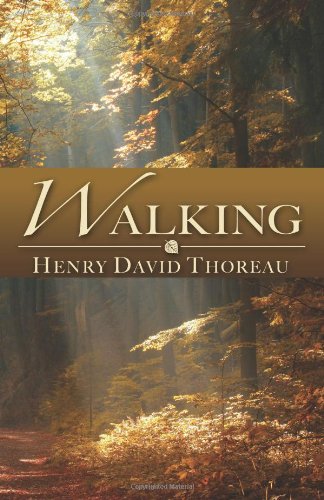
1
Who better to start with than Thoreau? This essay is perfect for escaping the mindset that walking is a staid activity. To Thoreau, walking is transcendent. Thoreau does not stroll. He saunters. Most others view walking as a means of creation, with Nietzsche walking and writing, or Werner Herzog walking and making movies. To Thoreau walking is only of itself, and can only be done with clear mind. The purpose of walking is to walk.
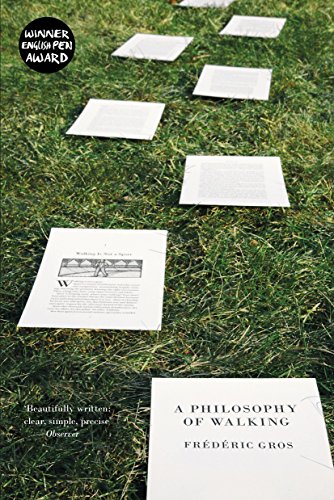
2
What John F. Kennedy did to courageous politicians, Fredric Gros does to walkers. Ambulators from Rousseau to Gandhi enjoyed their strolls and found much utility in them. A fun book, that takes itself much too seriously, and be doing so, creates a masterpiece.
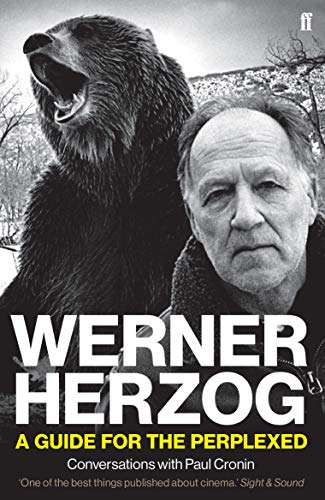
3
Ostensibly, this book is more about movies than about walking. But Herzog is a walker. Werner Herzog is our best living walker. His movies capture the pedestrian spirit. He has taken many legendary walks, including a winter journey from Munich to Paris. He is no filmmaker. Primarily he is a walker.
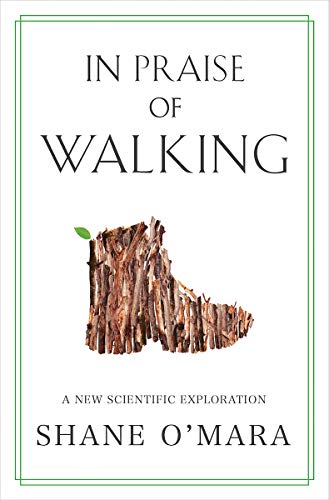
4
O'Mara, professor of neuroscience, is not just out to present why he loves walking, but also why it is incredibly good for the body. As the sedentary life grows, O'Mara advocates more walking as both a cure for health, and as a natural thing for humans, given our origins as hunter gatherers.
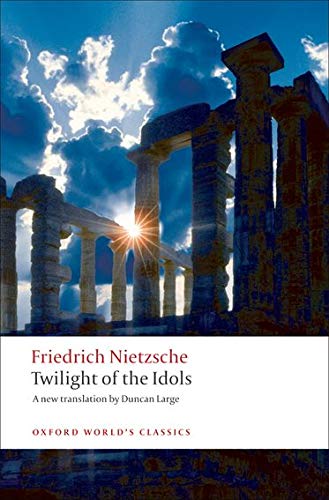
5
Who better to end off with, than the great walker himself. Nietzsche is famous for his strolls, taking his notebook and capturing the world spirit. Nietzsche is the patron saint of walkers. A non walker would read a quote like "Only ideas won by walking have any value," and scowl, but the walker understands.
© Five Books 2026